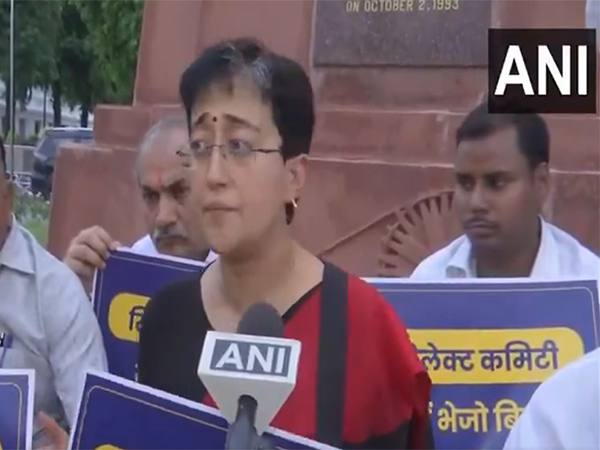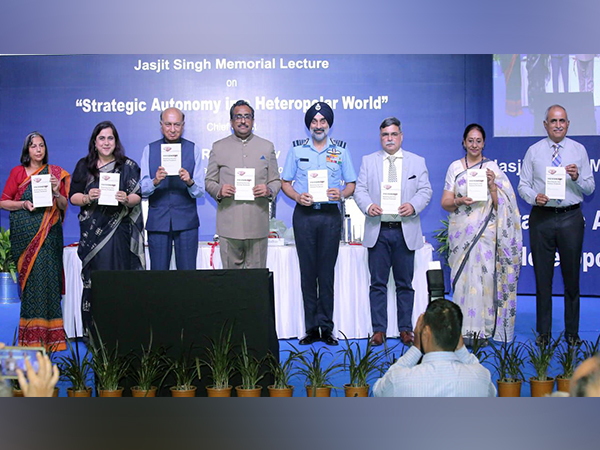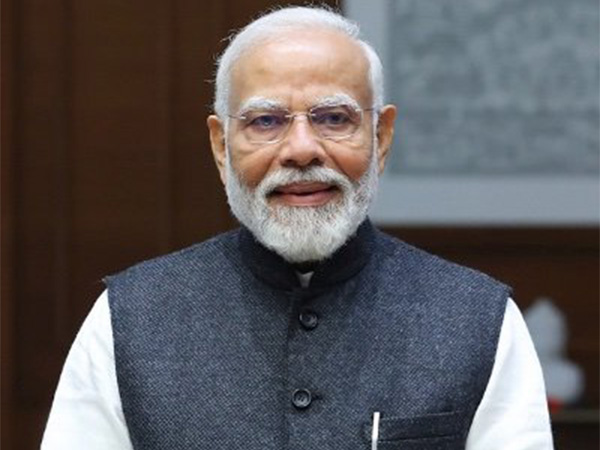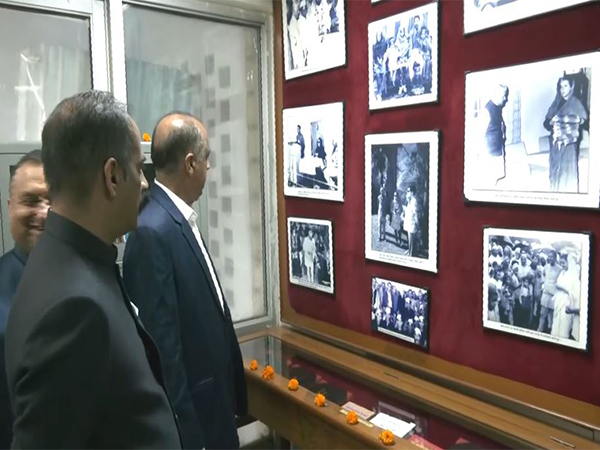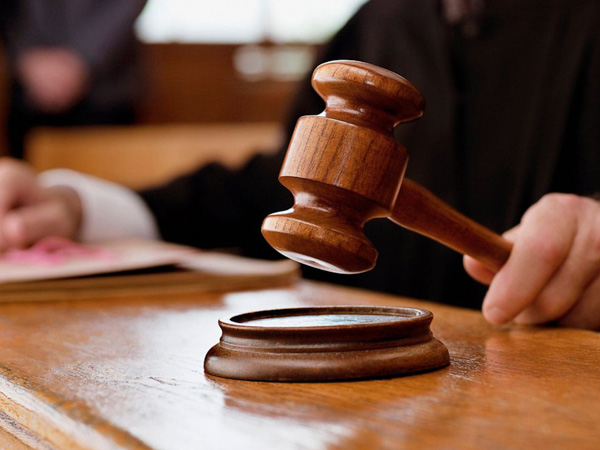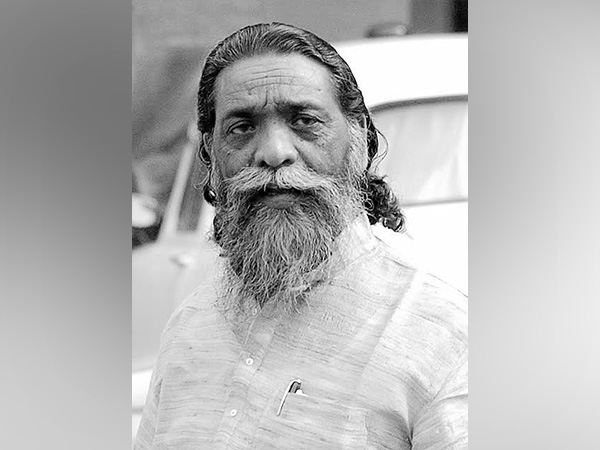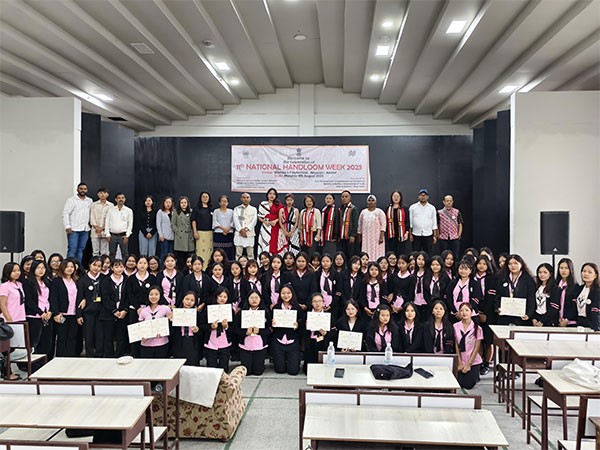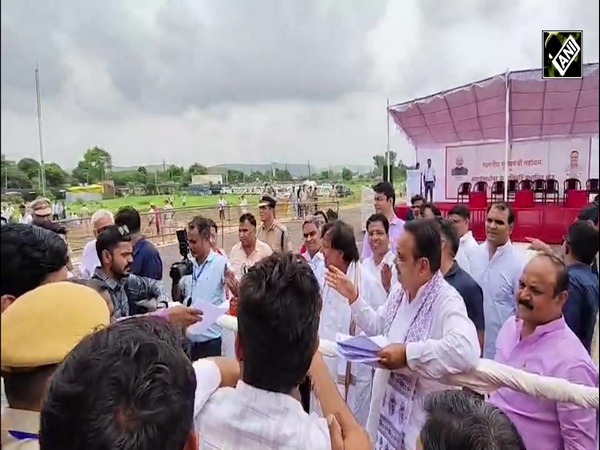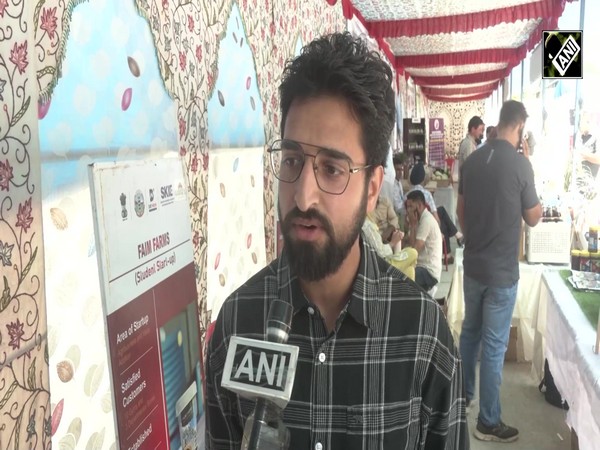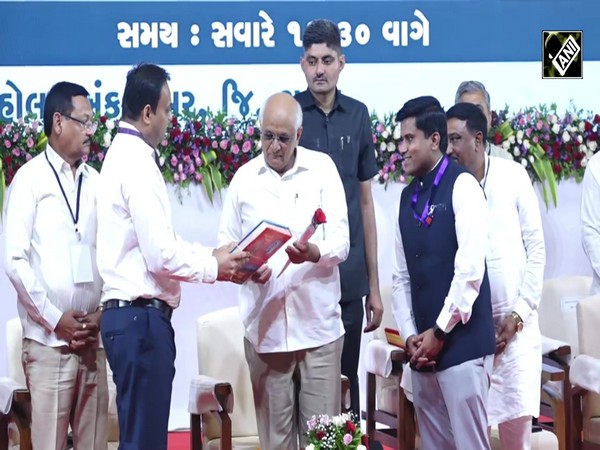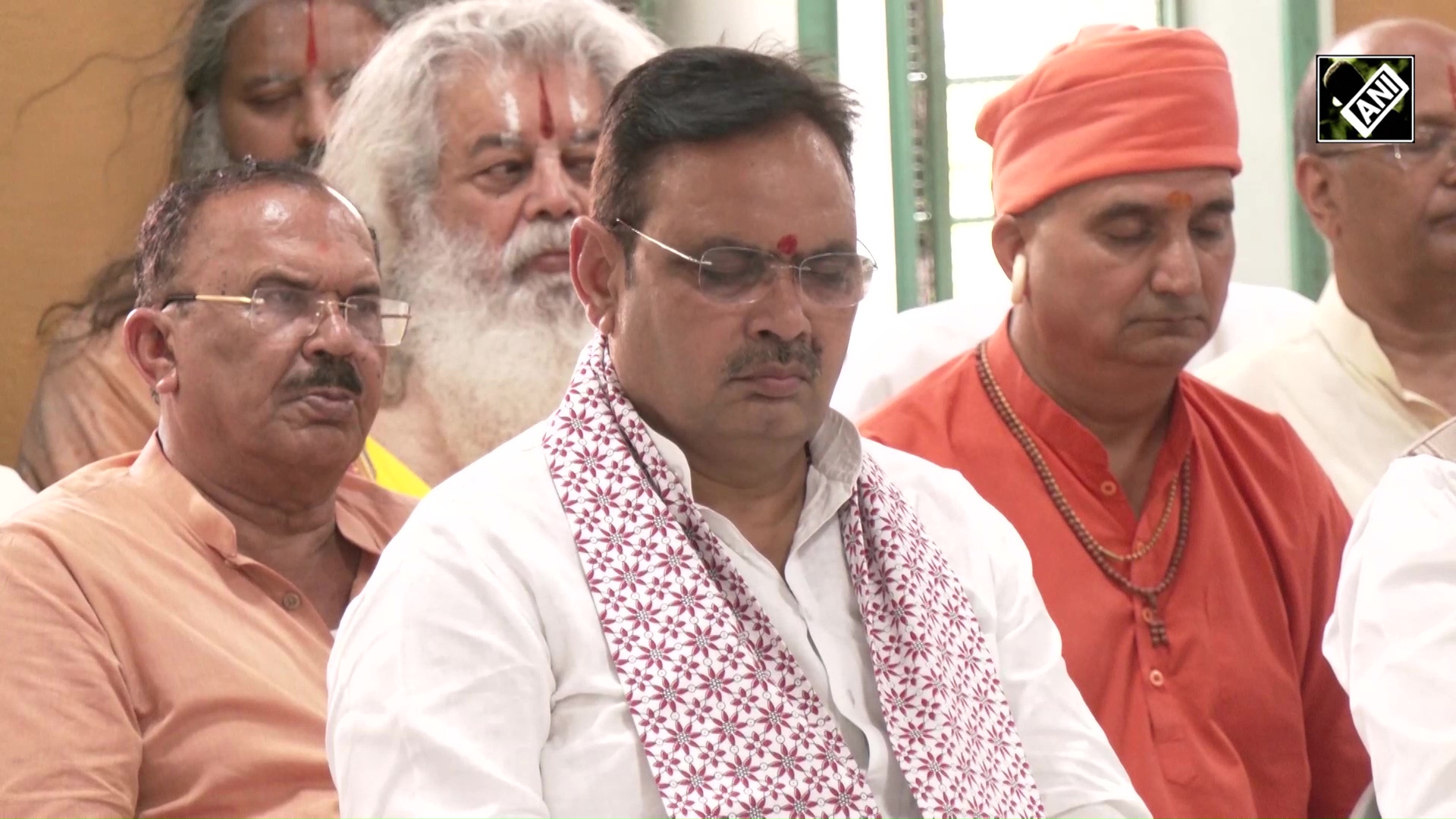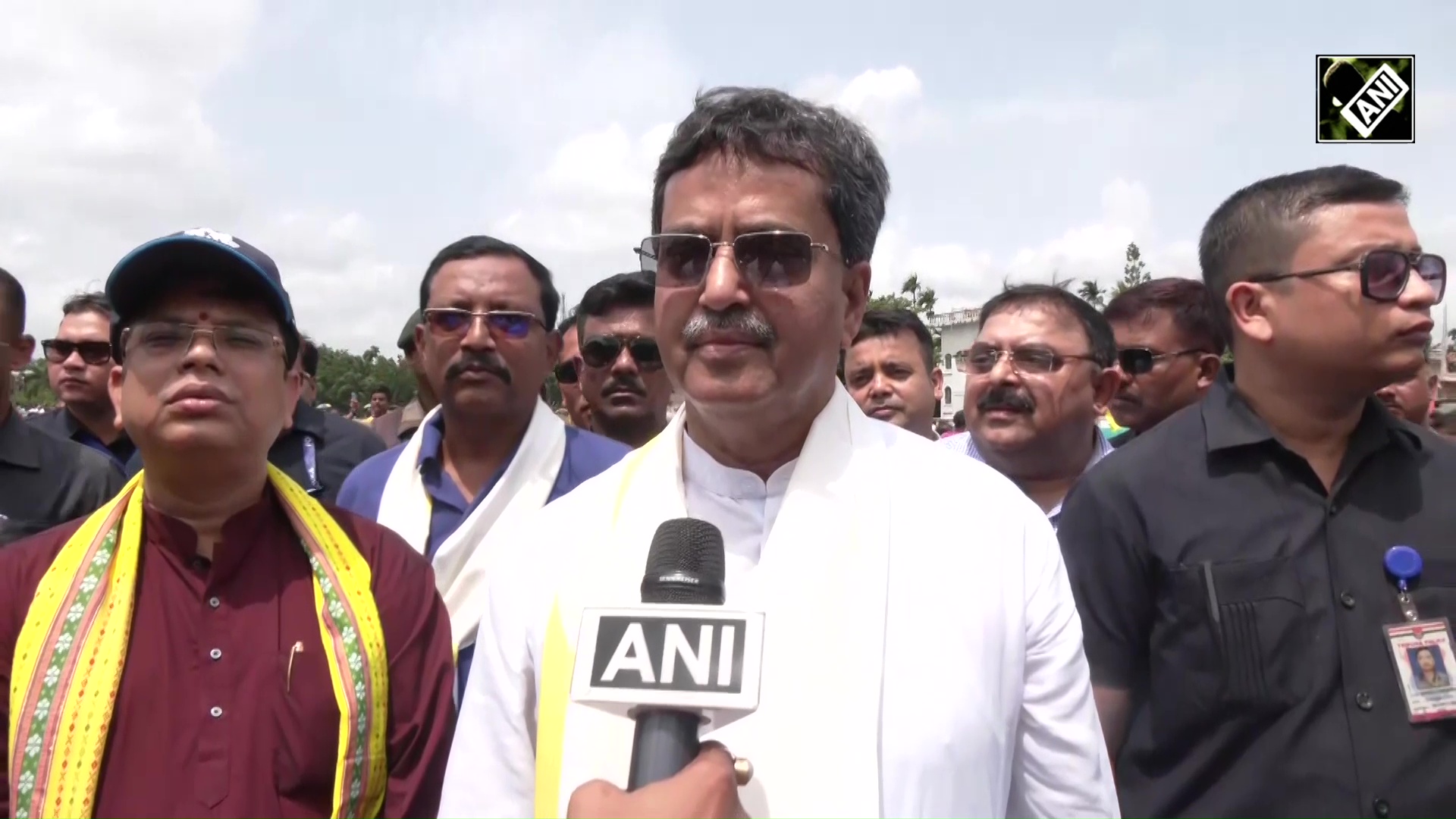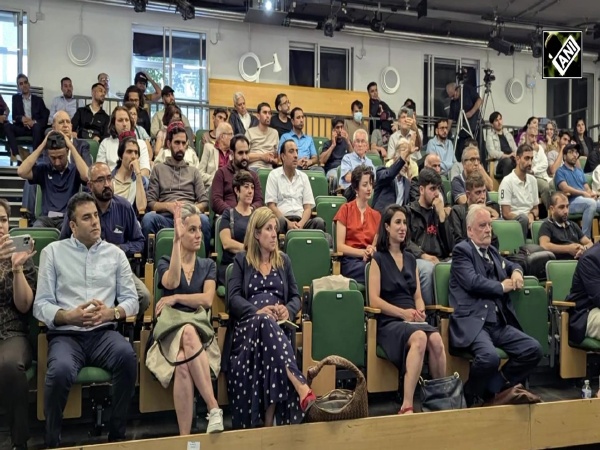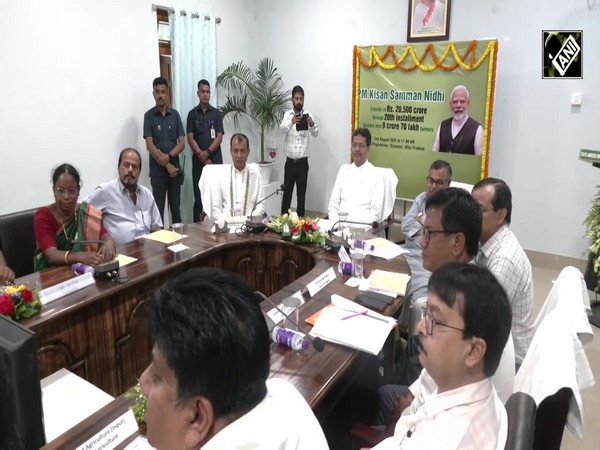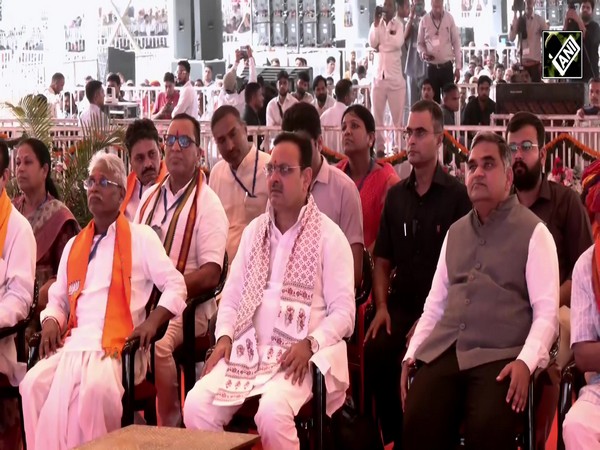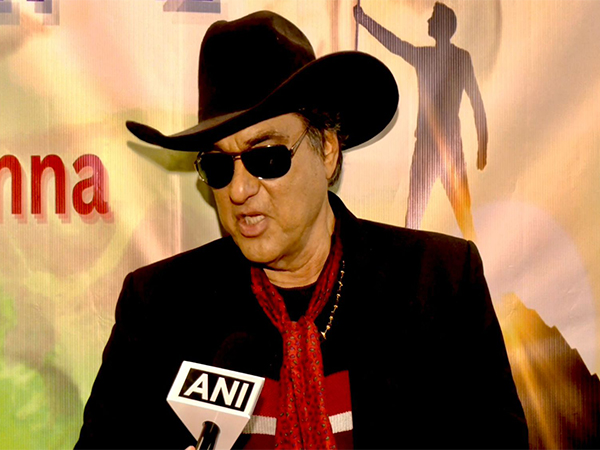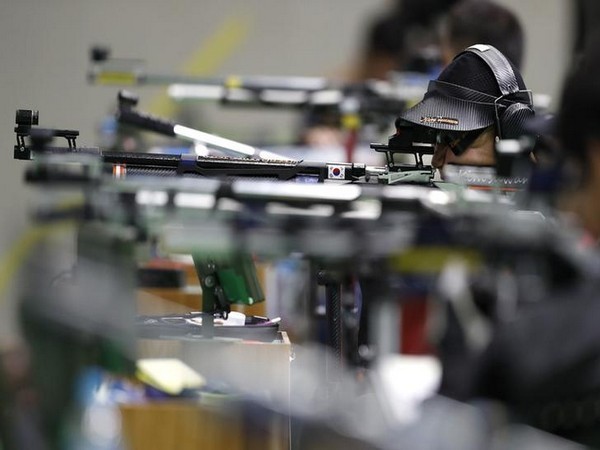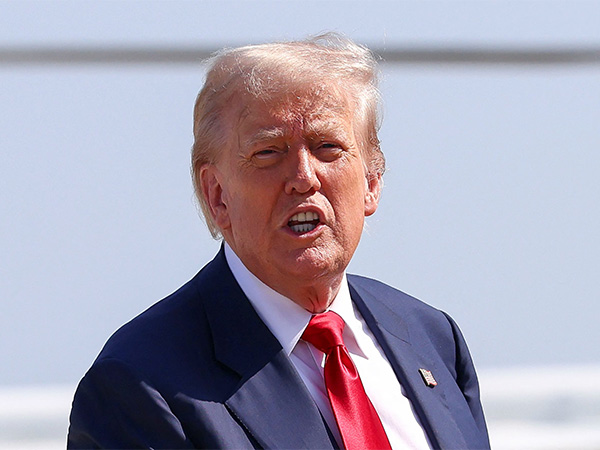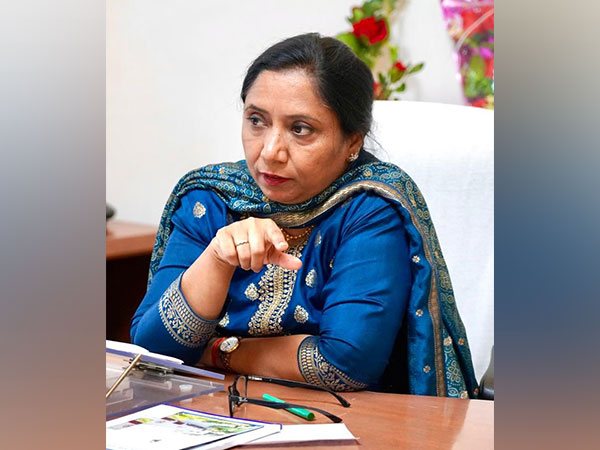
Punjab becomes 1st state to empanel sign language experts under Juvenile Justice Act
Aug 04, 2025
Chandigarh [India], August 4 : Punjab has become the first state in India to empanel sign language interpreters, translators, and special educators under the Juvenile Justice Act, 2015 to ensure accessible and sensitive justice for all, particularly children with hearing and speech impairments.
The announcement was made by Dr Baljit Kaur, Minister for Social Security, Women and Child Development. These experts will be deployed district-wise to provide support services to children in need.
This landmark step, undertaken under the leadership of Chief Minister Bhagwant Mann, is designed to empower children with special needs by eliminating communication barriers in legal, educational, and daily life settings. The move is also aligned with the provisions of the Protection of Children from Sexual Offences (POCSO) Act, 2012.
Dr Kaur said the empanelled professionals will support children during court proceedings and other official matters, thereby promoting fair, impartial, and sensitive outcomes.
She emphasised that the initiative reflects the state government's strong commitment to building an inclusive society where every child, regardless of ability, feels heard, understood, and protected.
The professionals will be deployed across districts and compensated in accordance with the relevant legal provisions. Their timely assistance will be ensured in both routine and urgent cases involving children with special needs.
Highlighting Punjab's pioneering approach to inclusive governance, the Minister noted that the state has already taken a significant step by broadcasting proceedings of the Punjab Vidhan Sabha in sign language--an effort aimed at improving accessibility for the speech and hearing impaired.
This latest initiative further strengthens the government's mission of removing systemic barriers and ensuring equal participation for all. It marks a major milestone in the state's ongoing efforts to uphold the rights and dignity of children with disabilities and promote justice that is both accessible and compassionate.

